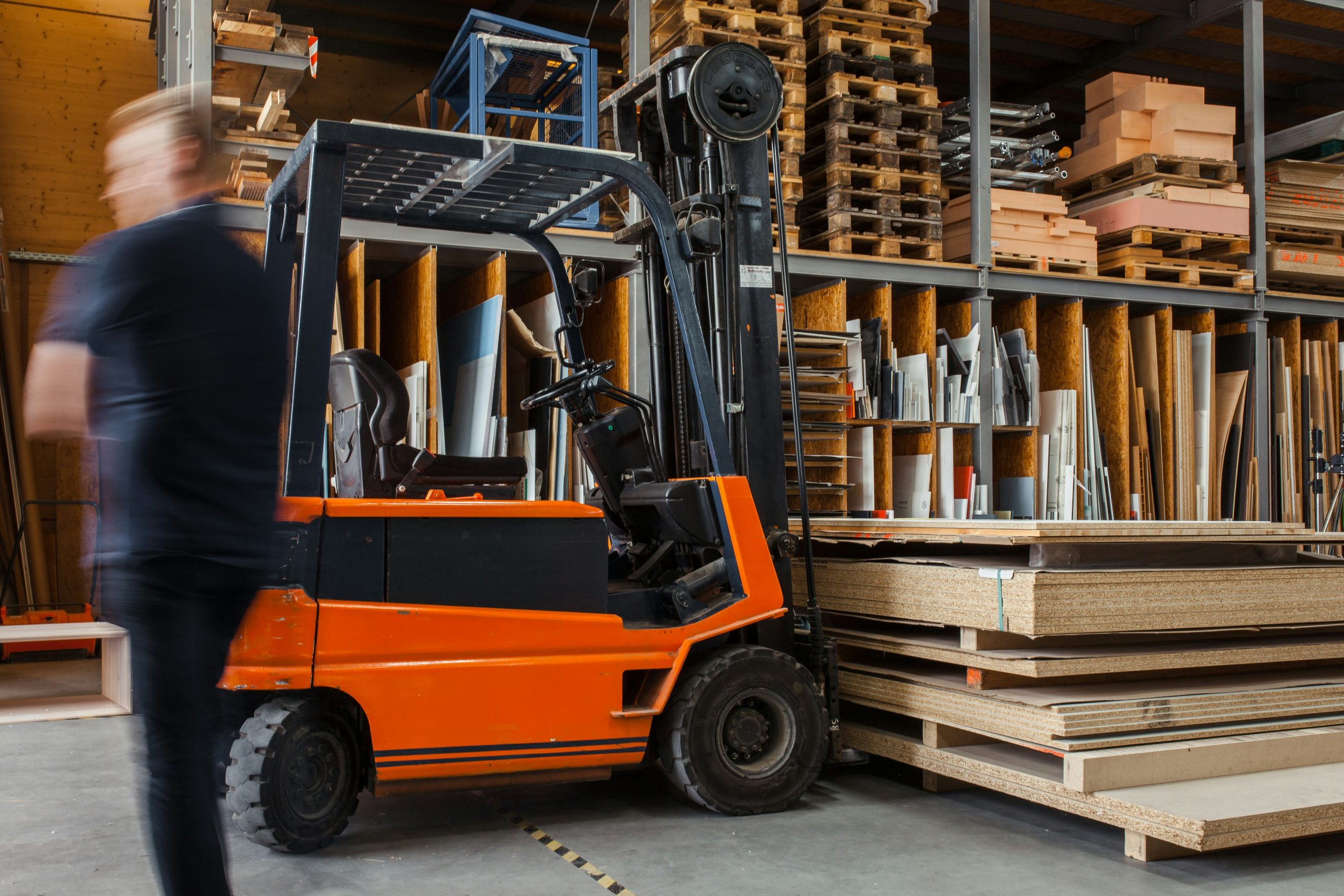
The DIY ‘boom’ in Spain
The DIY market in Spain has experienced remarkable growth in recent years, driven by the growing trend of “do it yourself” (DIY) and home renovation. Leading companies such as Leroy Merlin have played a fundamental role in this boom, contributing significantly to economic development and job creation in the country.
Leroy Merlin, part of the Adeo group, is one of the most prominent companies in the DIY and home improvement sector in Spain. In 2022, the company achieved a record net profit of 135 million euros, 25% more than the previous year, thanks to the growth of its network of stores, which numbered 133 at the end of the year, and the strong momentum of distance selling, which includes both online and telephone purchases. This success translates not only in economic terms but also in job creation, reinforcing Leroy Merlin’s role as one of the main employers in the retail sector in Spain.
The company has not only focused on expanding its physical and digital presence, but has also invested in additional services such as “turnkey” projects, which have experienced a growth of 44%. To continue its expansion and improvement of services, Leroy Merlin has announced an investment of 415 million euros for the next three years, mainly aimed at technological development, the supply chain and the improvement of its physical stores.
Other companies such as Obramat have also marked their presence in the Spanish DIY market, with a turnover of 1,274.M € and a result for the year of 86.M €, according to the latest accounts published in 2022. It is an important player in its sector, with a solid financial base, active and dynamic management, and an ongoing commitment to growth and excellence in customer service.
Bauhaus Bricolaje, is another prominent German company in the DIY and construction sector. It is distinguished by its commitment to quality and competitiveness. Offering a wide range of high-quality products at very competitive prices, Bauhaus has established itself as a benchmark for professionals and amateurs alike. In addition, the excellent customer service guarantees a satisfactory shopping experience, reinforcing its position in the Spanish market as a reliable and preferred option for all construction and renovation needs.
What is clear is that the DIY sector as a whole has seen significant expansion, with an increasing supply that meets the needs of Spanish consumers interested in improving and personalizing their homes.
The economic impact of the DIY sector in Spain goes beyond the net profits and investments of large companies. It contributes to the economy through the creation of employment, both directly and indirectly, in areas such as manufacturing, logistics, retail and professional services. In addition, the sector encourages innovation in products and services for the home, from storage solutions to energy efficient technologies, which in turn can boost other related industrial sectors.
